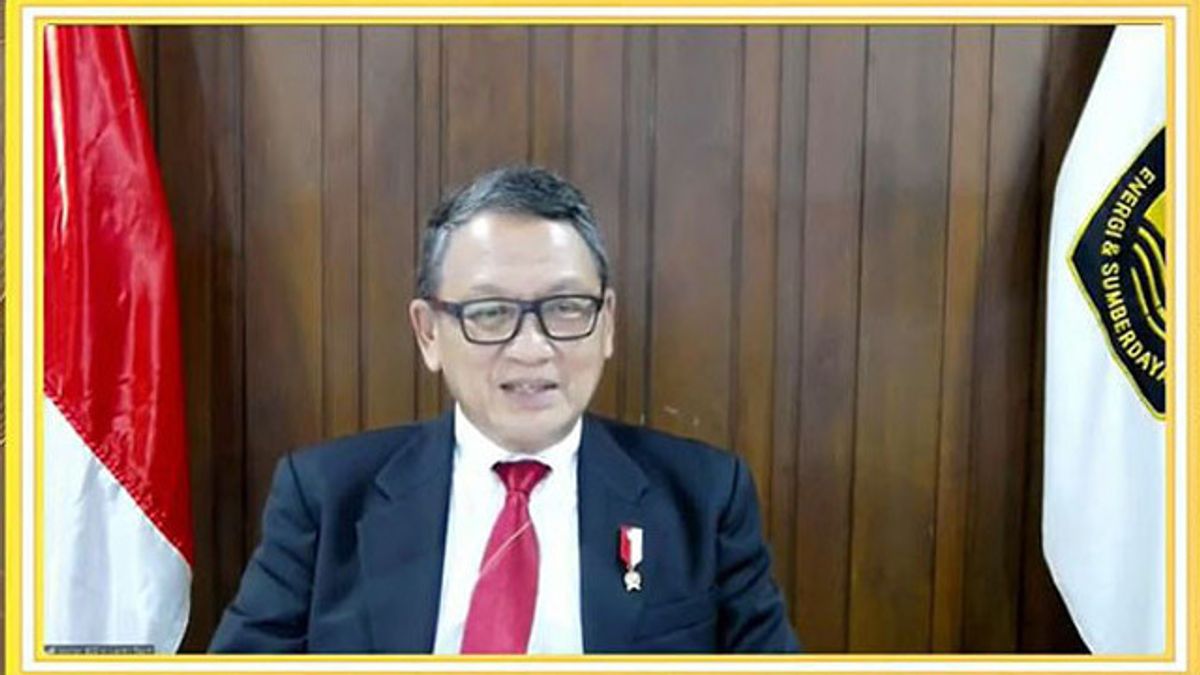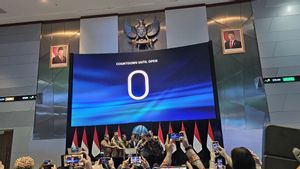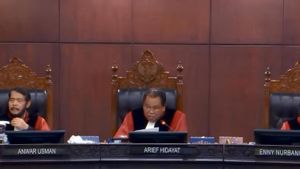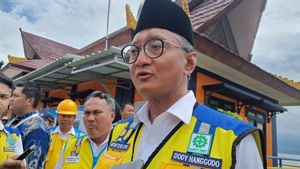JAKARTA - The Ministry of Energy and Mineral Resources (ESDM) has directed hydrogen to be a potential energy carrier in accelerating the energy transition in Indonesia.
"Hydrogen is expected to be one of the contributors to the energy transition and has an important role in the decarbonization of the global energy system. Hydrogen is expected to be one of the contributors to the energy transition and has an important role in decarbonizing the global energy system," said Minister of Energy and Mineral Resources Arifin Tasrif quoted Wednesday, February 23.
Arifin acknowledged that there were a number of challenges, including how to make hydrogen economically viable, financially attractive, and beneficial to society.
"We will continue to follow trends in hydrogen technology and open opportunities to collaborate on hydrogen implementation," he hoped.
In terms of supply, hydrogen itself is included as one of the main strategies of the Government in carrying out the roadmap towards carbon neutrality in 2060.
"The main strategy that will be carried out towards carbon neutrality on the supply side is through the development of massive renewable energy with a focus on solar, hydro and geothermal power plants as well as hydrogen," said Arifin.
On various occasions, Director General of New, Renewable Energy and Energy Conservation (EBTKE) Dadan Kusdiana technically revealed plans for hydrogen to enter the industrial and transportation sectors. This hydrogen utilization does not use fuel cell technology, but uses internal combustion technology commonly used by motorized vehicles.
Meanwhile, from the demand side, the government is implementing energy management, using electric stoves and accelerating the use of battery-based electric motorized vehicles.
One of them is by entering into an agreement with the Korean government regarding the Pilot Project Charging System for Electric Vehicles which will create an electric vehicle ecosystem in Indonesia, including industrial technology for electric vehicle charging systems.
Currently, Indonesia is developing a simulation of a long-term strategy towards Net Zero Emissions by 2060. This supports Indonesia's commitment to the Paris Agreement to achieve a 29 percent reduction in GHG emissions by 2030, and the energy sector's contribution to the Nationally Determined Contribution (NDC). ) of 314 million tons of CO2e.
The English, Chinese, Japanese, Arabic, and French versions are automatically generated by the AI. So there may still be inaccuracies in translating, please always see Indonesian as our main language. (system supported by DigitalSiber.id)










